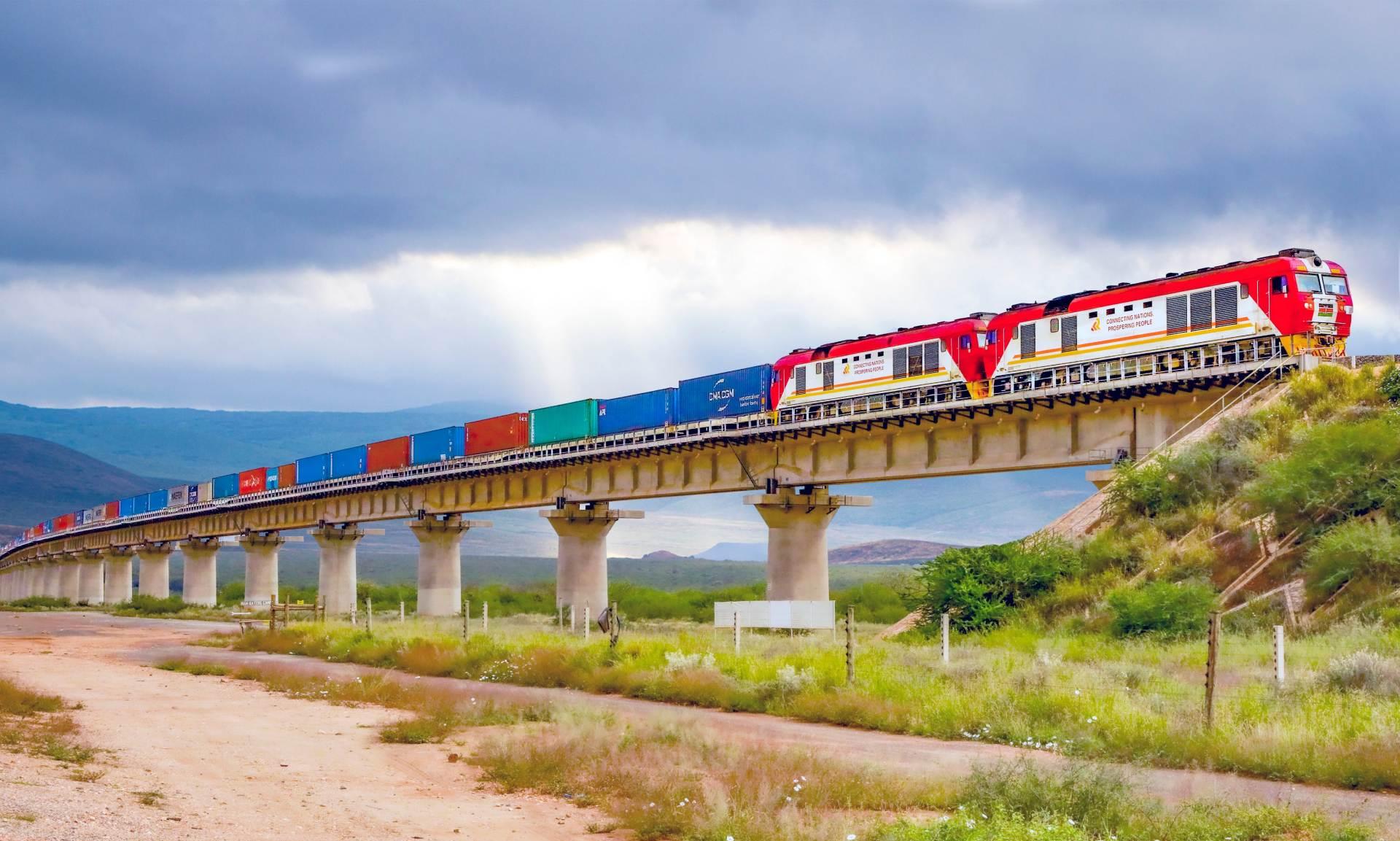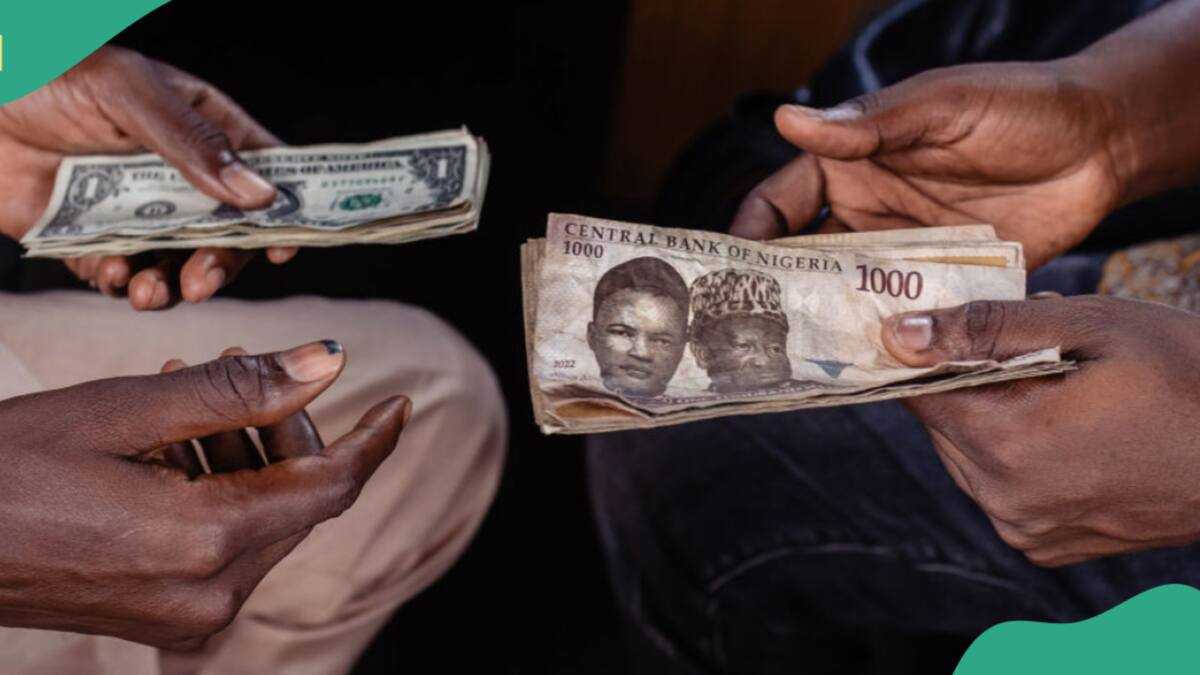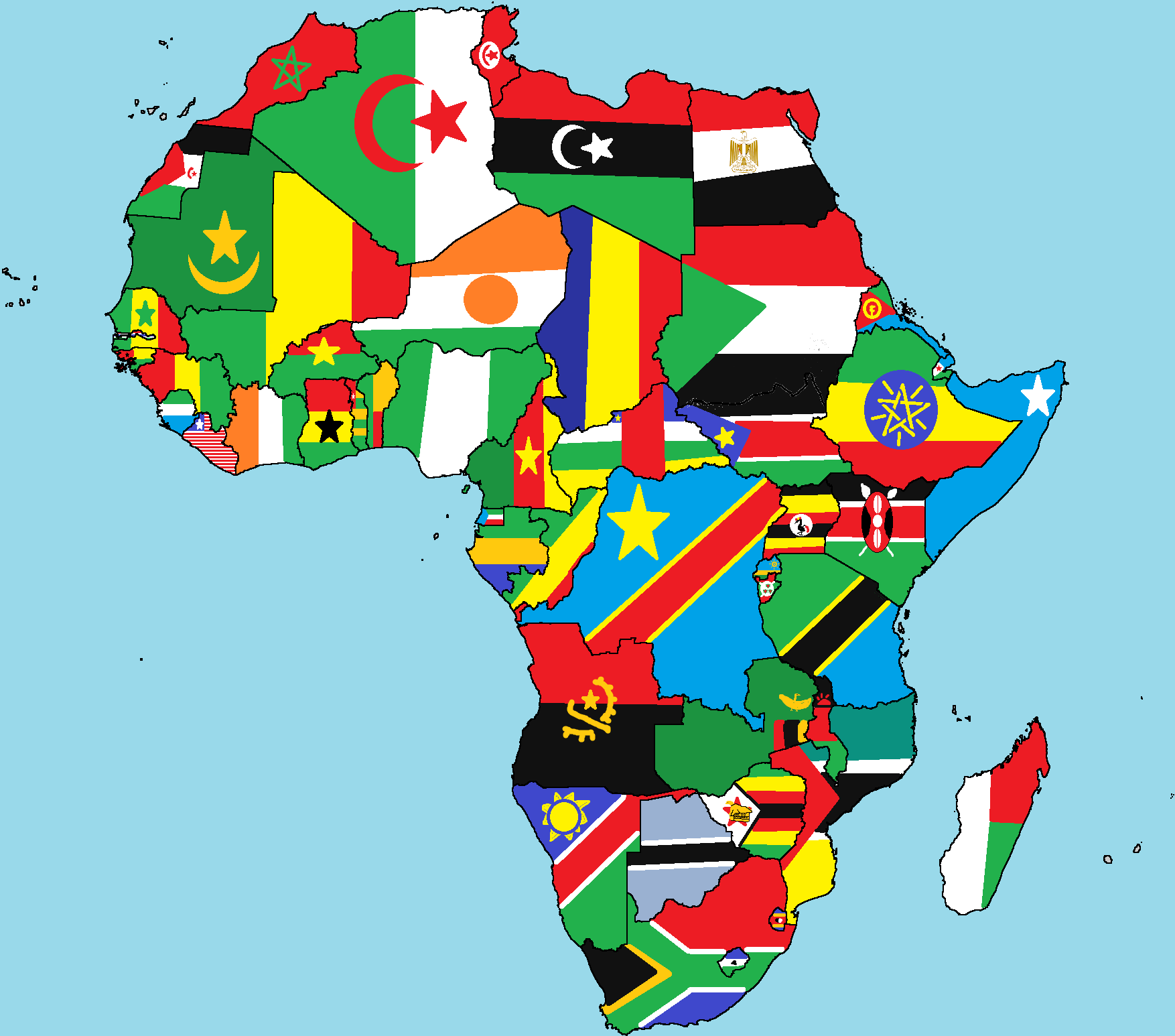President Bola Ahmed Tinubu is set to hold direct talks with his Niger Republic counterpart, General Abdourahamane Tchiani, according to Nigeria’s Minister of Foreign Affairs, Yusuf Maitama Tuggar.
Tuggar made this statement while addressing journalists in Niamey alongside his Nigerien counterpart, Bakary Yaou Sangare.
The visit marks the second visit by a senior Nigerian official since the 2023 coup in Niger.
It follows the visit of General Christopher Musa, Nigeria’s Chief of Defence Staff, who travelled to Niger in August last year.
Tuggar said, “Thanks be to the Almighty, we have come home to Niger, as both Nigeria and Niger are homes to each other. We are grateful for the warm reception. We had fruitful deliberations that led to the signing of a crucial agreement, which includes the formation of a forum or arena where issues concerning both countries—such as security, health, and infrastructure development—will be discussed.”
He added that the joint press briefing between him and his counterpart is a significant step toward reconciliation between the two neighbouring countries.
When asked if there are plans for the presidents of both nations to meet one-on-one to further strengthen ties, Tuggar said, “This is already in progress and will happen sooner rather than later. Why the haste?” he asked rhetorically.
“The row between Nigeria and Niger is now a thing of the past. No one can severe the ties or cut the relationships—they remain intact.”
On his part, Nigerien Foreign Affairs Minister, Bakary Yaou Sangare, said that the “twins”—Nigeria and Niger—have reconciled.
He added, “What transpired between these two countries over the past 20 months or so is not uncommon. Situations like this tend to arise between nations, especially neighbouring states. Issues will always surface—even between couples and parents with their children.”
The agreements
On the economic front, the ministers deliberated on several key infrastructure projects, including the railway connecting Kano and Katsina in Nigeria to Maradi in Niger, which is set to launch in 2026. Additionally, they explored plans for the construction of the Trans-Sahara Highway, the proposed gas pipeline through the Sahara, and various tax-related matters.
Also, during their deliberations, the two ministers welcomed the quality of the relations of fraternity, friendship, cooperation, and good neighbourliness that bind Niger and Nigeria, and reaffirmed their shared desire to boost and energise bilateral cooperation between the two countries, to raise it to the level of their ambitions and the legitimate expectations of their respective peoples.
Sources
Sources told Daily Trust that the recent diplomatic engagement highlights Nigeria’s dedication to peaceful dialogue and regional stability.
A Ministry of Foreign Affairs insider emphasised that the discussions reaffirm the country’s commitment to fostering cooperation and resolving disputes through diplomatic channels.
Meanwhile, another source familiar with the situation revealed that the initiative actually originated from Niger Republic, though they prefer to keep it out of the public eye.
The source drew parallels to a recent fuel crisis, during which Niger quietly sought Nigeria’s assistance. Expressing optimism, they suggested that the ongoing discussions could pave the way for resolving the diplomatic tensions between the two nations.
AES exiting regional body
The Alliance of Sahel States (AES), comprising Niger, Mali and Burkina Faso, left ECOWAS due to a combination of political, economic and security-related grievances. Their decision was largely driven by dissatisfaction with ECOWAS’ handling of military coups in their countries, particularly the imposition of sanctions and threats of military intervention.
These measures were perceived as punitive and disconnected from the realities of governance and security challenges in the Sahel region. The AES countries also expressed frustration with ECOWAS’ perceived alignment with Western interests, especially France, which they viewed as undermining their sovereignty.
This dissatisfaction was compounded by ECOWAS’ inability to effectively address terrorism and insurgency in the Sahel, leaving these nations feeling marginalised.









